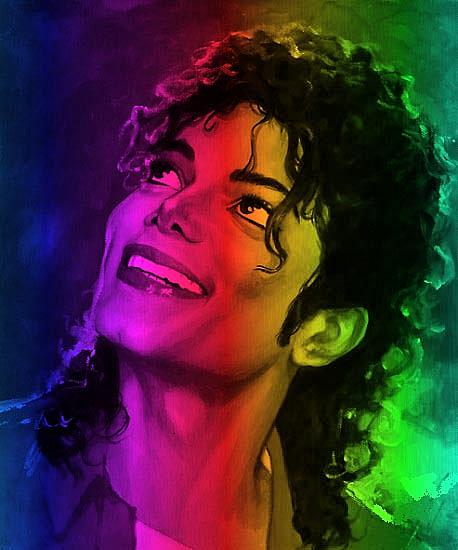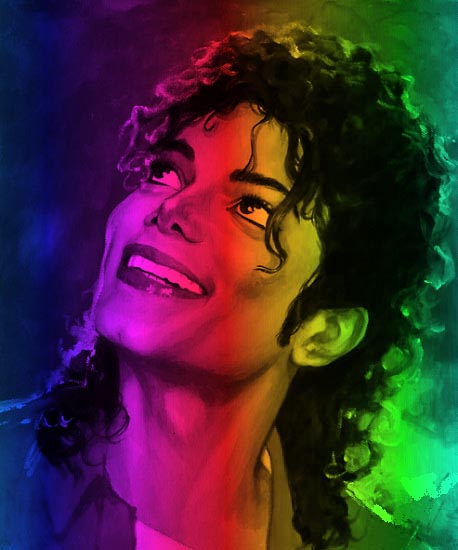Calif. Medical Board Finally Moves to Revoke Conrad Murray's License After Michael Jackson Death

 The Medical Board of California has filed a petition to revoke Dr. Conrad Murray's medical license, nearly three years after Michael Jackson died after taking anesthesia drugs prescribed and administered by Murray.
The Medical Board of California has filed a petition to revoke Dr. Conrad Murray's medical license, nearly three years after Michael Jackson died after taking anesthesia drugs prescribed and administered by Murray.
Jackson died on June 25, 2009. Since that time, Murray has been charged, tried, convicted of involuntary manslaughter, and sentenced to four years in prison. At any point, the medical board could have filed an accusation against Jackson and started the process of revoking his license.
In June 2010 – one year after Jackson's death – Antidote wrote that the board had dropped the ball by waiting so long to revoke Murray's license and by failing to seek an interim suspension order:
In Murray's case, the board could make a compelling claim that it exhausted its remedies in the criminal court before resorting to civil court. If a doctor using anesthesia simply to help a patient sleep isn't dangerous, I'm not sure what is.
In January 2011, state prosecutors finally persuaded a Superior Court judge to take action where the medical board had failed. The judge suspended Murray's license to practice medicine and ordered that the state notify all other states where Murray was licensed about the suspension. Yet the medical board still sat on the sidelines and did not file a petition to revoke Murray's license.
Other states have been slow to act, too, even by state medical board standards. The Nevada Board of Medical Examiners showed the world a new standard for cluelessness when it filed charges against Murray in March 2010 – not for anything related to Jackson's death but instead because Murray "twice failed to disclose to the Board that he was out of compliance with his court ordered child support obligation." Being a deadbeat dad trumped failing to call 911 when a patient died under his care. And yet, the Nevada board was saved from complete infamy by at least having the good sense to allow Murray's license to expire in June 2011.
Hawaii did the same thing, essentially. The state's Department of Commerce & Consumer Affairs let Murray's license expire in January 2010. Murray had been licensed there since 2001.
The Texas Medical Board waited until after Murray was sentenced in criminal court to suspend his license in February 2012. This is a step below the more serious action of forcing Murray to permanently surrender his license. By contrast, Dr. Rolando Arafiles had to permanently surrender his license in November 2011, the same month Murray was convicted of manslaughter in Jackson's death. Arafiles did not kill any patients. His main infraction was lying to the board and intimidating witnesses against him.
And that brings us back to California. On February 22, the board finally filed a petition to revoke Murray's license. There are only two causes for action: conviction of a crime and failure to maintain adequate records. The main details of Jackson's death are included, but the accusation reads more like a formality than anything else. In a 10-page document, the board spends five pages just going over the applicable state code sections. The actual crimes perpetrated by Murray barely amount to four pages. They do include this nice summation, though:
Respondent's acts and omissions in treating patient M.J. were so grossly negligent that they rose to the level of criminal homicide. Respondent administered a lethal combination and amount of drugs to patient M.J. He failed to continuously monitor the patient's vital signs, appropriately maintain his airway, or ensure the presence of life saving equipment at the bedside. There was no continuous oxygen delivery system or cardiac monitoring in place. Respondent did not continuously monitor the pulse oximetry and blood pressure of patient M.J. No continuous intravenous access line was established for the patient. There was no crash cart, appropriate emergency resuscitation drugs, defibrillator, or medical personnel present in the patient's room, other than Respondent.
Any one of those failures would be good reason to take action against a physician's license. Nearly all of them were known within days of Jackson's death. After many different journalistic investigations and legislative inquiries, the board has learned how to act more quickly in recent years. It's simply astonishing that it has taken this long to take action in a case where the facts are so clear.
I've asked the medical board for comment. I'll let you know what I hear.
Related Posts:
Conrad Murray's Mistakes: Why does Michael Jackson's doctor face criminal charges when others don't?
Conrad Murray's Mistakes 2: Lack of training fueled criminal case in Michael Jackson death
Conrad Murray's Mistakes 3: Using a hospital-only drug in Michael Jackson' bedroom
Conrad Murray's Mistakes, Part 4: When Michael Jackson collapsed, story spun out of doc's control
Conrad Murray's Mistakes, Part 5: Isolated from his peers, Michael Jackson's doctor had no cover
Wrong doctor or wrong patient? Michael Jackson's physician has some explaining to do
To see Michael Jackson doctor's alleged slipup, look at the label
Court records show Jackson's doctor acting more like a dealer
Doctors Behaving Badly: Michael Jackson's doctor can add "deadbeat dad" to his resume
Q&A with Dr. John Dombrowski: Michael Jackson's bungled pain management may have killed him
Q&A with Dr. John Dombrowski, Part 2: Anesthetizing Michael Jackson "indefensible"
Making Hepatitis History: Michael Jackson's deadly drug strikes again
Q&A with Dr. Doris K. Cope: Michael Jackson was just a symptom of a pain medicine problem
Photo credit: Luis Fernando Reis via Flickr

